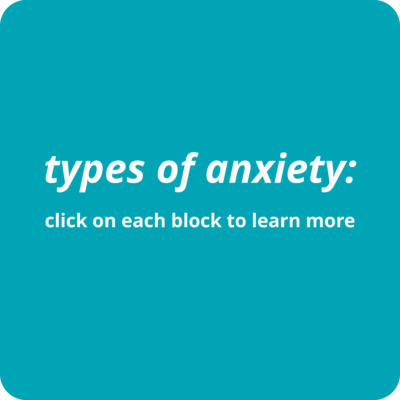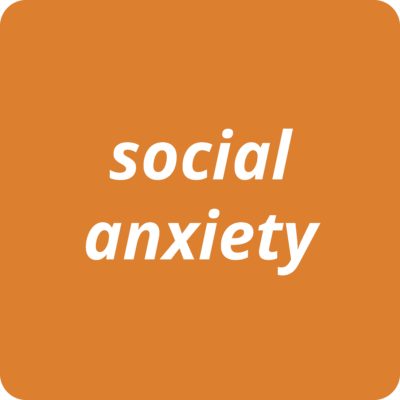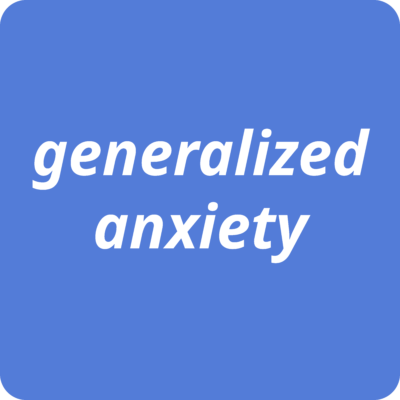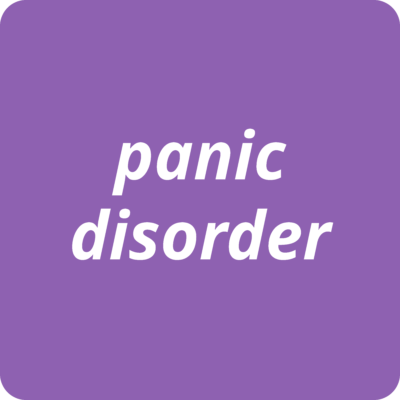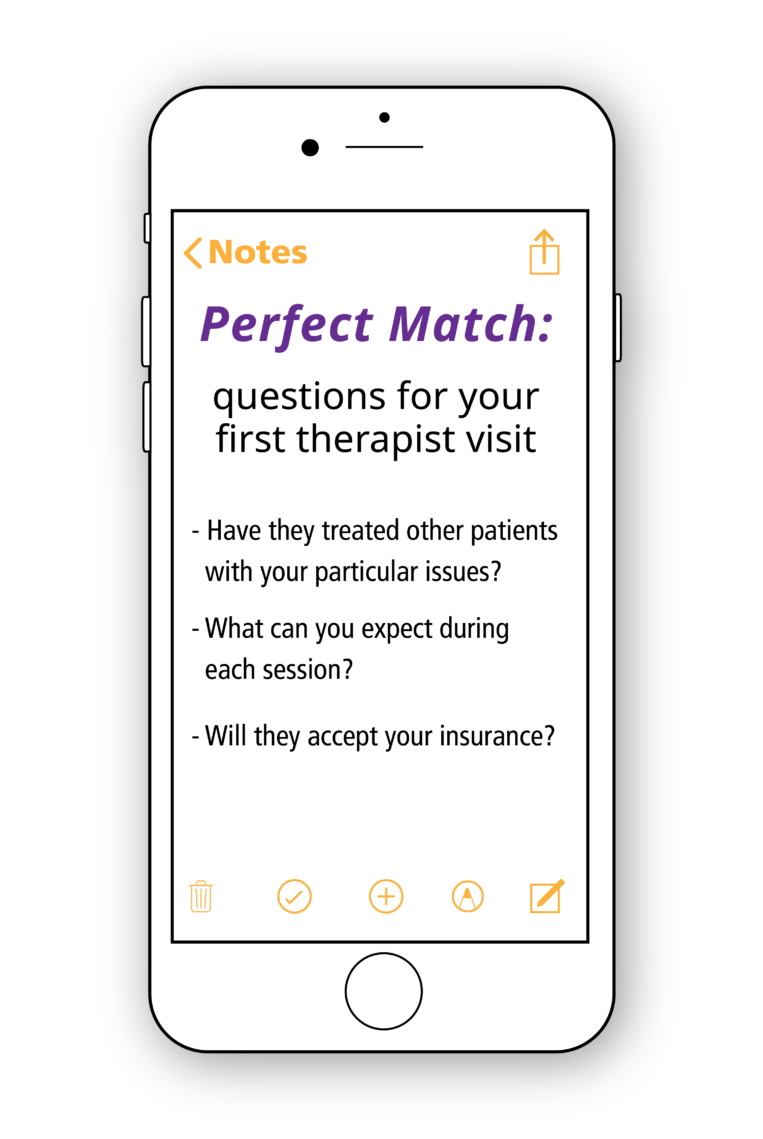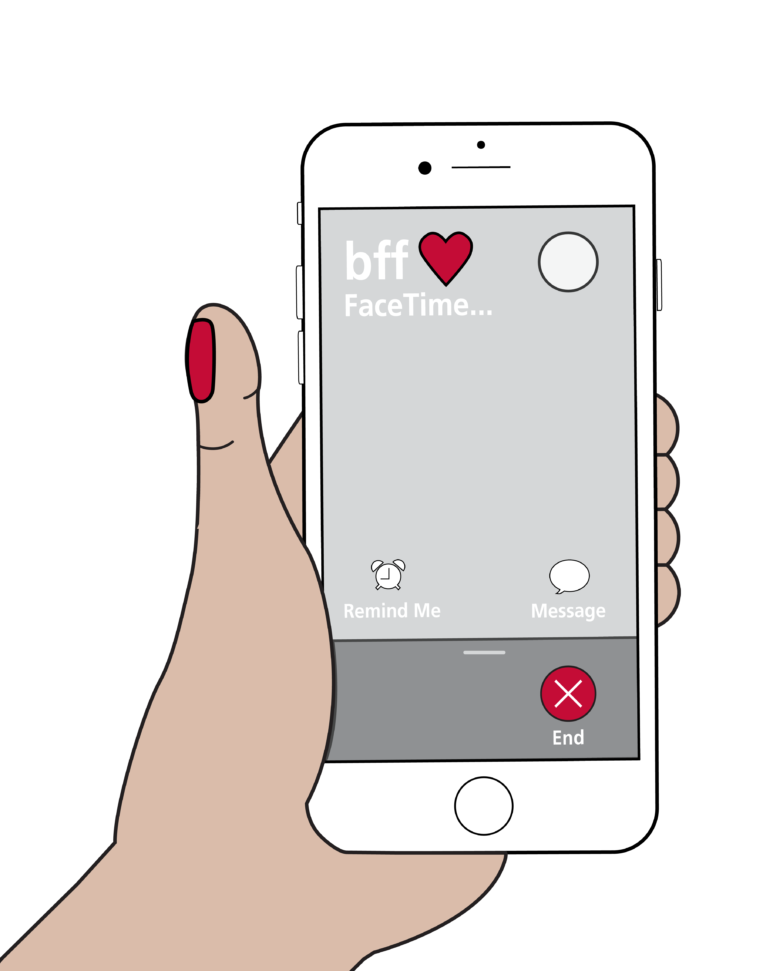if it’s more than a bad day, talk to a professional
If underneath your calm exterior, you are persistently feeling anxious or worried, additional support can help. A therapist may be able to help you manage triggers and symptoms. Doctors may be able to rule out underlying medical conditions contributing to anxiety symptoms. Psychiatrists and doctors may also prescribe medication to help manage your mental health.


